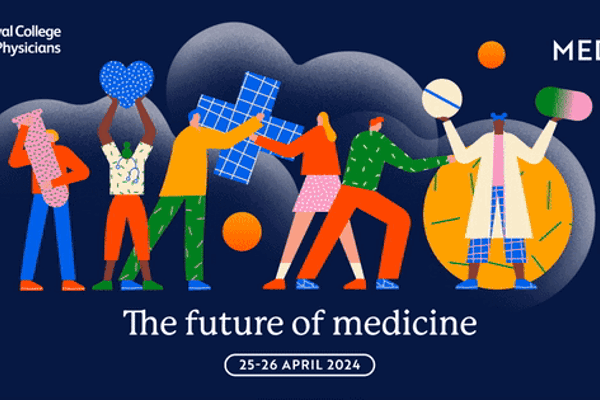Campaigning to make sure that the UK has a medical workforce that meets the needs of patients is one of the RCP’s four policy and campaigns priorities for 2023-2026, chosen in consultation with RCP members and RCP Council.
- We will campaign for an increase in the number of medical students and we will also make the case for publicly available data on the number of staff needed relative to patient demand.
- We will work with others to improve the experience of training and employment to improve retention and morale and to make the UK attractive and accessible to doctors and trainees from overseas.
- We will encourage more opportunities for participation in medicine and support work to tackle racism and other forms of discrimination in medicine.
- We will support the regulation of physician associates and promote the profession.
- We will promote better multidisciplinary team working and a safe, reflective learning culture.
Workforce is the biggest challenge facing the NHS. Our population is ageing, an increasing number of people live with multiple health conditions and health inequality is growing. As a result, the NHS is treating more patients than ever before. But the supply of doctors, nurses and other clinicians has not kept up with rising patient demand.
The results of the RCP’s latest annual census found that 58% of consultant physicians reported having vacant consultant posts, with an average of 2.2 vacant posts per department. Too few staff means it takes longer for patients to get the right care. It also has an impact on existing staff – according to the 2022 RCP census, almost a fifth (18%) of consultant physicians said they almost never feel in control of their workload and 41% said they worked excessive hours.
We need more doctors as part of a wider expansion of the health and care workforce and to retain more of the hardworking staff we already have. Retention must be a priority, including by creating more flexible and supportive working environments, with time off for significant life events, getting rotas in good time, improved IT equipment, access to affordable and flexible childcare and time for research and teaching.






